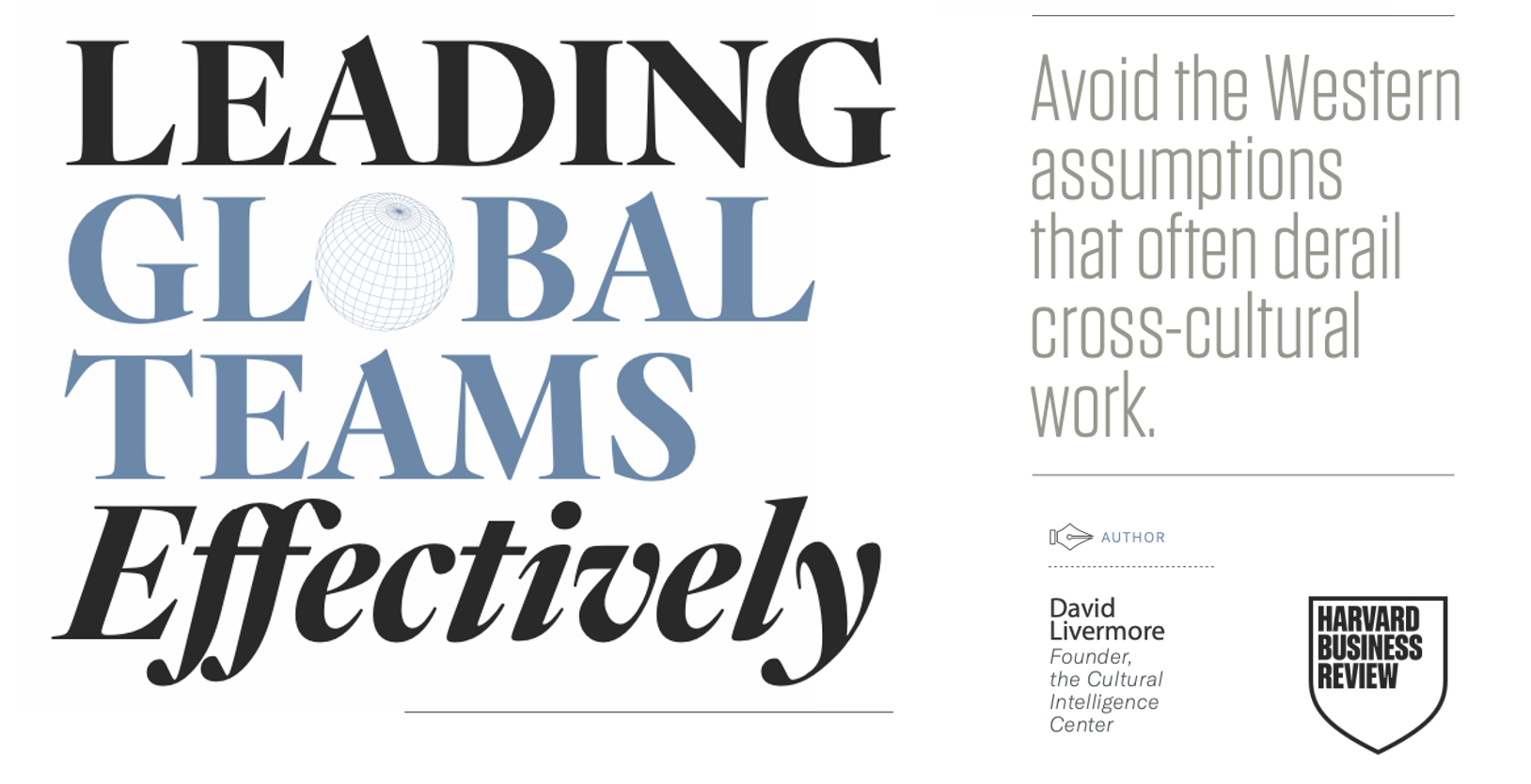90 percent of leading executives from 68 countries named cross-cultural leadership as a top management challenge. [1] They identify 5 reasons why CQ is essential:
1. To Understand Diverse Customers
The proportion of revenue coming from overseas markets is expected to jump by an average of 30-50 percent over the next 3-5 years. Growing numbers of companies are like Coca-Cola, which sells more of its product in Japan than it sells in the U.S. By 2003, 56 percent of U.S. franchise operators (e.g. Dunkin Donuts or KFC) were in markets outside the U.S.[2] The demand from emerging markets is seen as the most critical factor facing global businesses. The spending power of China and India are increasing at enormous rates. Understanding diverse customers is the biggest challenge facing most executives.
2. To Manage Diverse Teams
Human resource policies, motivational strategies, and performance reviews need to be adapted for various cultural groups represented among personnel. In addition, tapping into a global workforce often means outsourcing service to India and manufacturing to China. But knowing how to measure the costs, benefits, and appropriate expectations involved with these kinds of opportunities is fraught with complexity. And growing numbers of the workforce in most companies are expected to work across international borders. Cultural intelligence is needed to achieve the right blend of flexibility and rigidity in global management.
3. To Recruit and develop cross-cultural talent
Up and coming leaders in emerging economies have many options at their disposal and they’re seeking firms and executives who demonstrate culturally intelligent practice. Katherine Tsang, CEO of Standard Chartered Bank China, identifies the race for good talent as one of the most pressing reasons her company must become more culturally astute.[3]16 to 40 percent of all managers given foreign assignments as expatriates end them early. 99 percent of these early terminations are caused by cultural issues, not because of job skills. The cost of each failed expatriate assignment has been estimated anywhere from USD $250,000 to over USD $1.25 million when you include expenses associated with moving, downtime, and a myriad of other direct and indirect costs.[4]
4. To Adapt Leadership Style
Just as individuals possess varying views and beliefs about preferred styles of leadership, cultures as a whole have varying preferences for certain leadership approaches. GLOBE, a study across 62 countries on “Global Leadership and Organizational Behavior Effectiveness” found national and organizational cultures influenced the kind of leadership found to be acceptable and effective by people within that culture. For example, a participative leadership style where managers involve others in decision-making was viewed as an essential way of working among most German leaders and organizations. However, this same style was viewed as a weakness among many firms and leaders from Saudi Arabia where authoritative leadership was perceived as a strength.[5]
5. To Demonstrate Respect
Competitive advantage, increased profits, and global expansion are central to why many are interested in cultural intelligence, however we’re also interested in behaving in a more respectful, humanizing manner to the people we meet throughout our work. Cultural intelligence can help us become more benevolent in how we view those who see the world differently from us. The desire to treat other people with honor and respect doesn’t automatically mean our behavior comes across as dignifying and kind. There are various adaptations necessary in order to ensure people experience respect and honor from us. This kind of posture requires capabilities included in cultural intelligence.
These five reasons for cultural intelligence—understanding customers, managing personnel, recruiting talent, adapting leadership style, and communicating respect—are the most consistent reasons identified by leading executives across the world.
[Excepted from Leading With Cultural Intelligence (AMACOM 2009), pages 14-19).
[1] Economist Intelligence Unit. CEO Briefing: Corporate Priorities for 2006 and beyond. The Economist: Economic Intelligence Unit (EIU). http://a330.g.akamai.net/7/330/25828/20060213195601/graphics.eiu.com/files/ad_pdfs/ceo_Briefing_UKTI_wp.pdf, 3.
[2] Gary Ferraro, The Cultural Dimension of Business (Upper Saddle River, NJ: Prentice-Hall), 2-3.
[3] Douglas A. Ready, Linder A. Hill, & Jay A. Conger, “Winning the race for talent in emerging markets”, Harvard Business Review (November 2008), 63-70.
[4] Jessica R. Mesmer-Magnus & Chockalingham Viswesvaran, Expatriate Management: A review and directions for research in expatriate selection, training, and repatriation. In (ed). Michael Harris, Handbook of Research in International Human Resource Management. (Boca Raton, FL: CRC Press, 2007), 184 and Linda J. Stroh, J. Stewart Black, Mark E. Mendenhall, and Hal B. Gregersen, International Assignments: An integration of strategy, research, and practice. (Boca Raton, FL: CRC Press, 2004).
[5] R. J. House, P.J. Hanges, M. Javidan, P.W. Dorfman & V. Gupta. Culture, leadership and organizations: The GLOBE study of 62 societies. (Thousand Oaks, CA: Sage, 2004).




